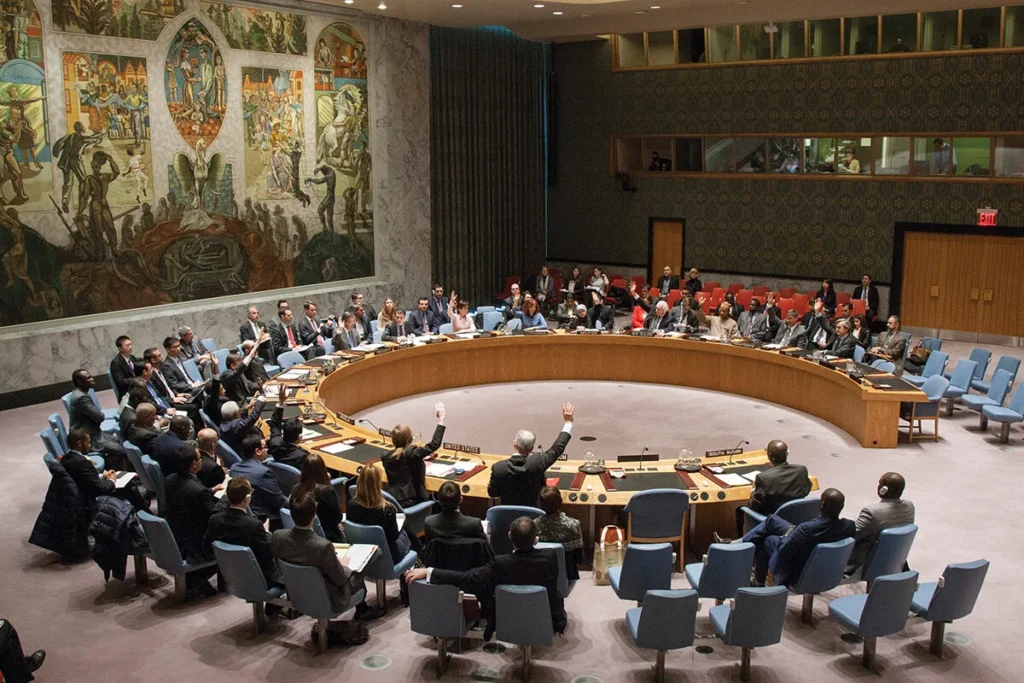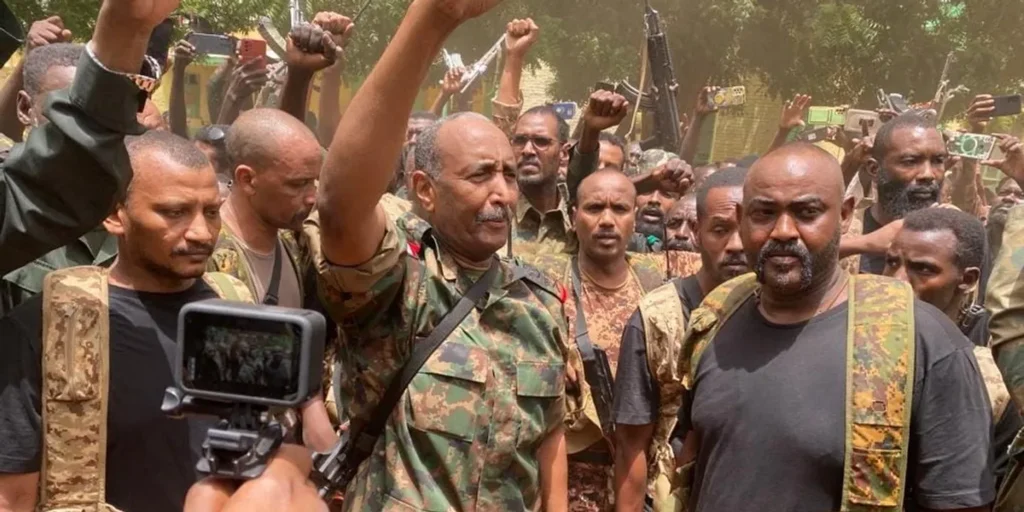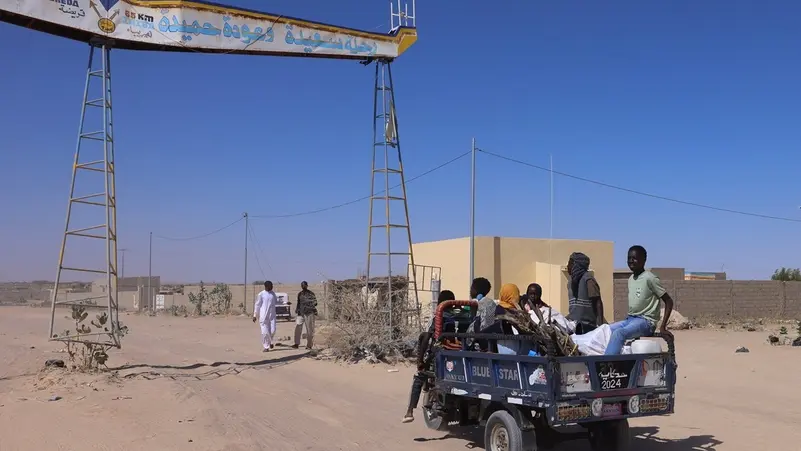
Lawyer Omar Ushari vividly recalls the sense of optimism that swept through Khartoum following the ousting of dictator Omar al-Bashir in 2019. However, after a year of conflict between rival factions, much of the Sudanese capital now lies in ruins.
Ushari, 37, who was detained during the uprising for his activism, celebrated from his cell when Bashir was overthrown in a palace coup. Upon his release, he embarked on his dream project: a literary cafe named Rateena, envisioned as a hub for young activists striving for a “better Sudan”.
But on April 15 last year, as the Sudanese army clashed with the Rapid Support Forces, Ushari witnessed both his project and his hopes for the country gradually crumble.
He didn’t understand how “the music that filled the space, the lectures and debates people shared, had been replaced with stray bullets strewn around me and the sound of tank fire outside”.
As the war enters its second year, with thousands dead and millions displaced, Ushari reflects on his shattered dreams as merely one among many. His experience echoes the broader sentiment of a “stolen revolution”.
High Hopes Dashed
Bashir’s removal in April 2019 initiated a civilian-led transition, igniting a wave of optimism among young Sudanese. Samah Salman, who worked in corporate venture capital at the time, recalls a surge in startups across Sudan, offering innovative solutions to societal challenges.
According to Ushari, there was widespread belief that Sudan was finally on the path to democracy and freedom.
Raghdan Orsud, a communications expert, co-founded Beam Reports to combat disinformation in Sudan, driven by the belief in media’s role in democratic transition.
However, in October 2021, the transition abruptly ended when army chief Abdel Fattah al-Burhan ousted civilians from power.
“Nothing was the same after the coup,” Ushari lamented, recalling the subsequent violence against protesters.
Then, in a grim turn of events, the erstwhile allies turned their guns on each other, plunging Khartoum into urban warfare.
A Life in Ruins
Overnight, violence engulfed the streets, prompting mass displacement. Offices were looted, dreams were dashed, and lives were upended.
Orsud, who had just invested in recording equipment for her startup, saw her offices raided by RSF.
Ushari, now living in Cairo, received a heartbreaking video revealing the destruction of Rateena.
Many Sudanese in the diaspora, like pastry chef Shaimaa Adlan, watched helplessly as their homes were looted and destroyed.
But amidst the despair, there are glimpses of resilience. Tech entrepreneurs are leveraging their skills for humanitarian efforts, while activists continue to champion the dream of a new Sudan.
“In every heart, there’s still a spark of the revolution,” Ushari remarked, highlighting the unwavering commitment to rebuilding their nation.
Orsud, whose fact-checking team operates from Nairobi, affirms their determination: “Sudan is ours, it’s all of ours. What else would we do besides rebuild it, over and over?”




